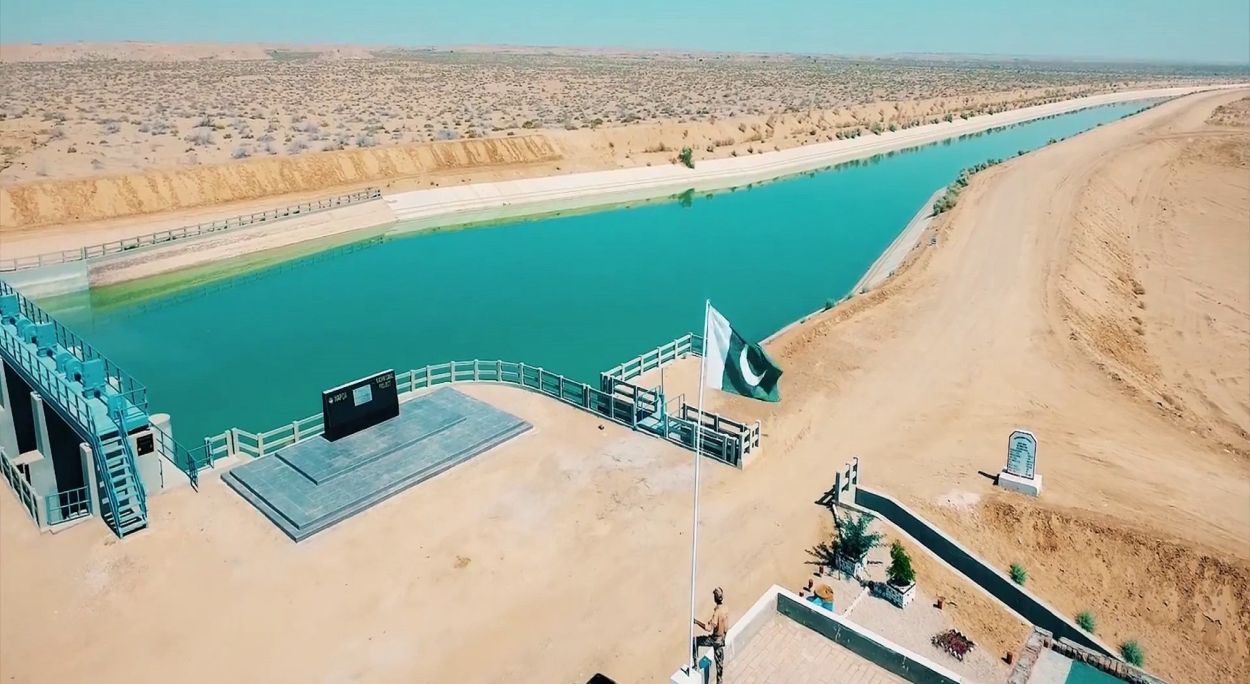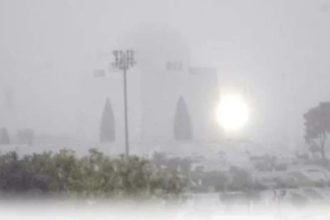An independent third-party validation review has exposed a staggering Rs6.5 billion, or 158%, inflation in the costs of the Kachhi Canal project.
Sources confirm that the National Accountability Bureau (NAB) has endorsed the third party’s findings regarding the complete de-silting of the canal. Last month, the Central Development Working Party (CDWP) provisionally approved the Rs14.7 billion restoration project, contingent upon this validation. The Water Resources Ministry advanced the proposal following inputs from the Water and Power Development Authority (WAPDA).
Originally, documents recorded the construction costs at Rs10.6 billion. However, the validation determined that the true cost should not exceed Rs4.1 billion, revealing an overestimation of nearly Rs6.5 billion.
Since its launch in 2002, the Kachhi Canal Project has faced multiple controversies, echoing issues seen with the Neelum Jhelum project. The project completed its Phase I in 2018, despite challenges of incompetence and evolving project objectives. Its primary aim was to improve agriculture and socio-economic conditions in Balochistan.
Following the devastating floods of July 2022, the canal closed, and WAPDA initially estimated Rs10.6 billion for partial restoration, contradicted by the third party’s Rs4.1 billion estimate.
Given the significant cost discrepancies, Minister Ahsan Iqbal plans to discuss these findings with Prime Minister Shehbaz Sharif. The ministry is considering proposing a revised project approval at the validated cost of Rs 4.1 billion.
Officials confirm that exaggerated work quantities caused the inflated cost of the Kachhi Canal project. The third-party assessment did not alter WAPDA’s rates but revealed discrepancies in the quantified materials. For instance, WAPDA priced the earth fill material and embankment compaction at Rs2.1 billion. At the same time, the third-party valued it at only Rs913 million, highlighting a substantial Rs1.1 billion discrepancy for this single component.
Similarly, for silt, clay, and debris clearance, WAPDA’s Rs2.4 billion estimate was countered by the third party’s Rs471 million calculation. For the cement sands needed for canal lining, Wapda quoted Rs720 million, while the third party set it at Rs245.6 million, uncovering another substantial cost difference.
The pattern continued with the plain cement concrete, where WAPDA estimated Rs458 million against the third party’s Rs114 million.
The second instance of WAPDA’s discrepancies followed an incident involving a ChatGPT-prepared report for the Neelum Jhelum project. The CDWP has since forwarded the Kachhi Canal Infrastructure project to the National Economic Council for approval at the original estimate of Rs14.7 billion.
Torrential rains in 2022 resulted in severe damage to the canal from flash floods. The federal government aims to restore partial functionality, ensuring a minimal flow of 500 cusecs to Balochistan by mid-November, against a total capacity of 6,000 cusecs.






